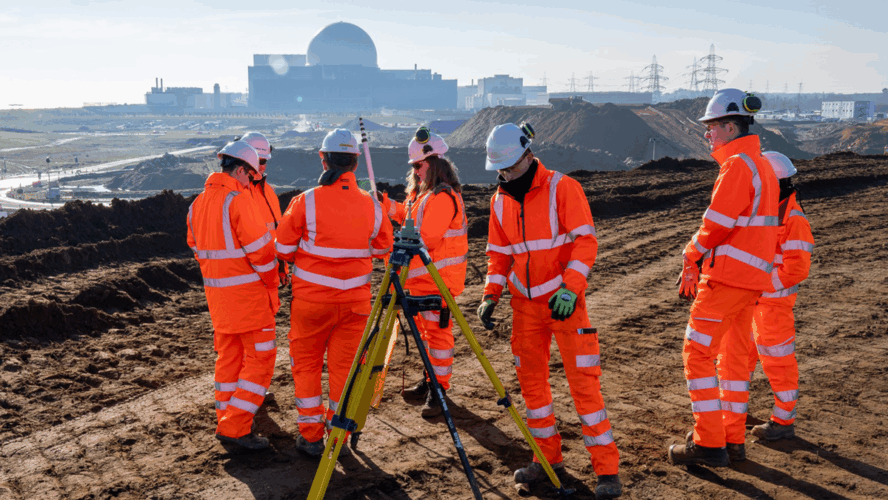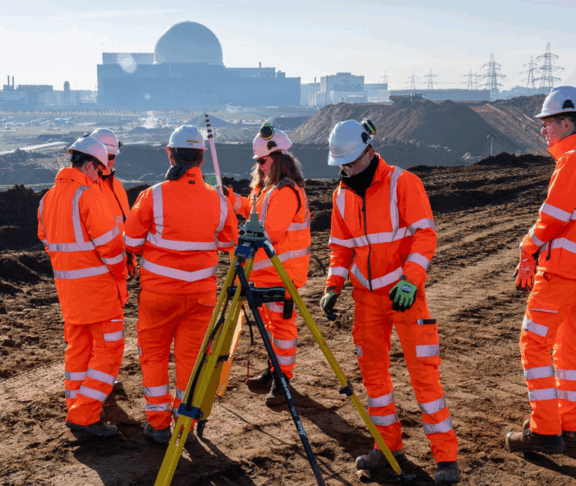
Dr Jonathan Cobb
Senior Programme Lead for Climate, World Nuclear Association
Nuclear power stands uniquely positioned to deliver clean and reliable energy at scale in response to surging global energy demand, growing pressures on energy security and commitments to achieve decarbonisation goals.
In 2024, nuclear reactors generated more electricity than ever before, supplying 2,667 terawatt-hours (TWh) of electricity.1 This surpasses the previous record of 2,660 TWh set in 2006 and marks a 66 TWh increase from 2023 Nuclear supplies 9% of global electricity demand, reinforcing its key role as part of the world’s energy mix. To meet our global energy and climate goals, as electricity demand grows, it is a record that needs to be bettered every year.
A major win for climate
Nuclear reactors helped avoid 2.1 billion tonnes of carbon dioxide emissions in 2024 from equivalent coal generation2 — if a country emitted that amount of carbon dioxide, it would rank as the fifth-highest emitting nation. That’s enough to wipe out the carbon footprint of the entire global aviation industry nearly twice over, highlighting nuclear’s role in mitigating climate change.
Reliable performance across the board
Nuclear plants continued to perform strongly, with a global average capacity factor of 83%, up from 82% in 2023.3 This metric, which measures how consistently a power source operates at full capacity, has remained high since 2000. These high levels of performance remain high regardless of age, with reactors that have operated for more than 50 years achieving some of the highest capacity factors.
Nuclear reactors helped avoid 2.1 billion
tonnes of carbon dioxide emissions in 2024.
Global capacity must expand
Seven new reactors came online in 2024, including three in China and one each in France, India, the UAE and the USA. Globally, 70 reactors are under construction, with nine new projects launched last year. However, to meet rising energy needs and climate targets, more construction starts are needed to achieve the global goal to at least triple nuclear capacity by 2050.
Energising the future now
Continued investment and expansion are essential to ensure nuclear energy plays its full part in a sustainable future. As the world faces growing energy demand, climate pressures and the need for energy security, nuclear power stands out as a clean, reliable and scalable solution.
[1] International Atomic Energy Agency (IAEA). 2025. The database on nuclear power reactors.
[2] United Nations Economic Commission for Europe. 2022. Carbon neutrality in the UNECE region: integrated life-cycle assessment of electricity sources.
[3] World Nuclear Association. 2025. World Nuclear Performance Report.

